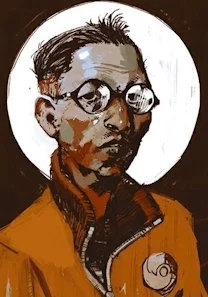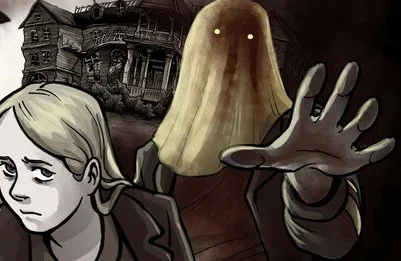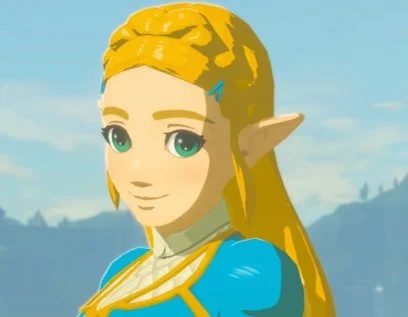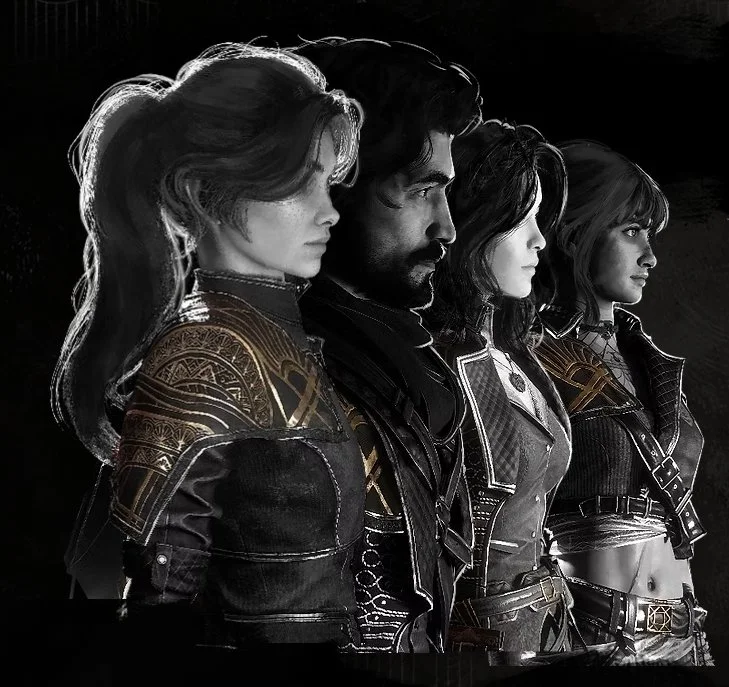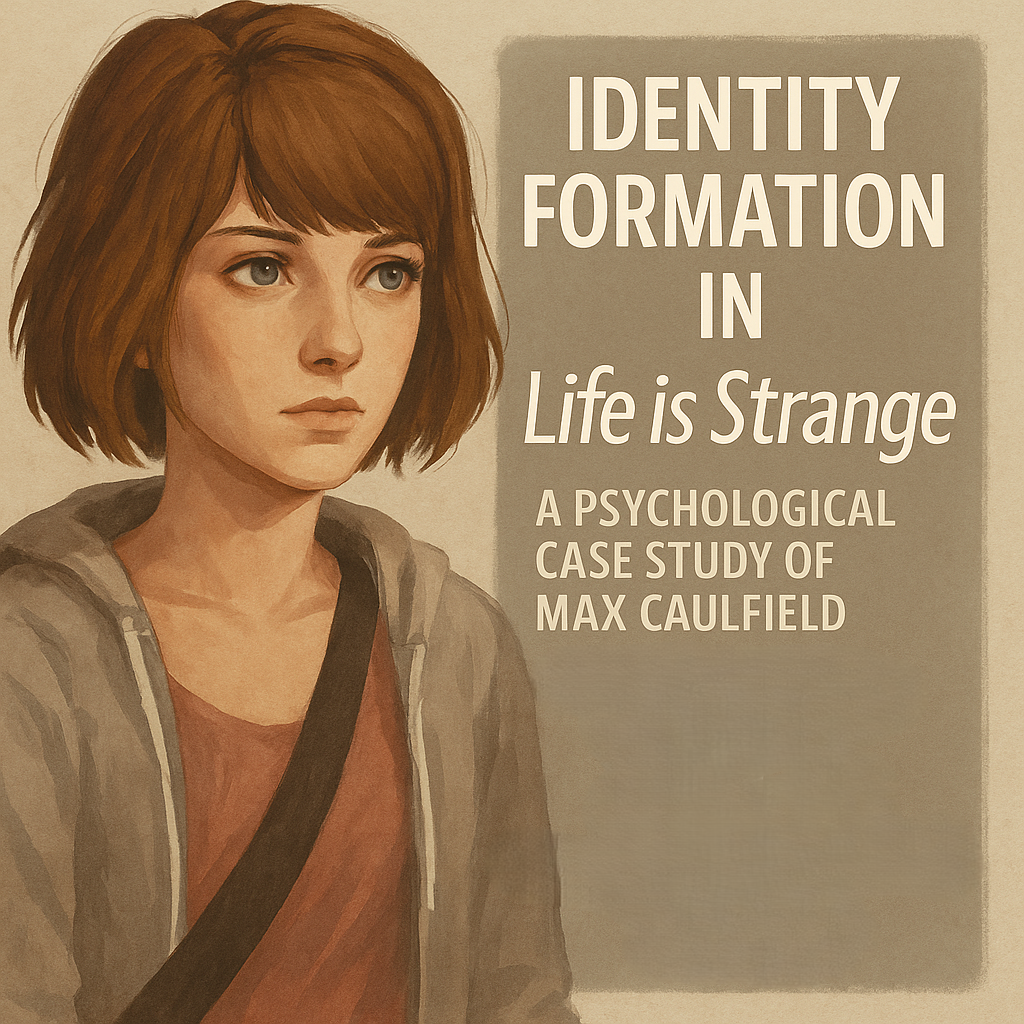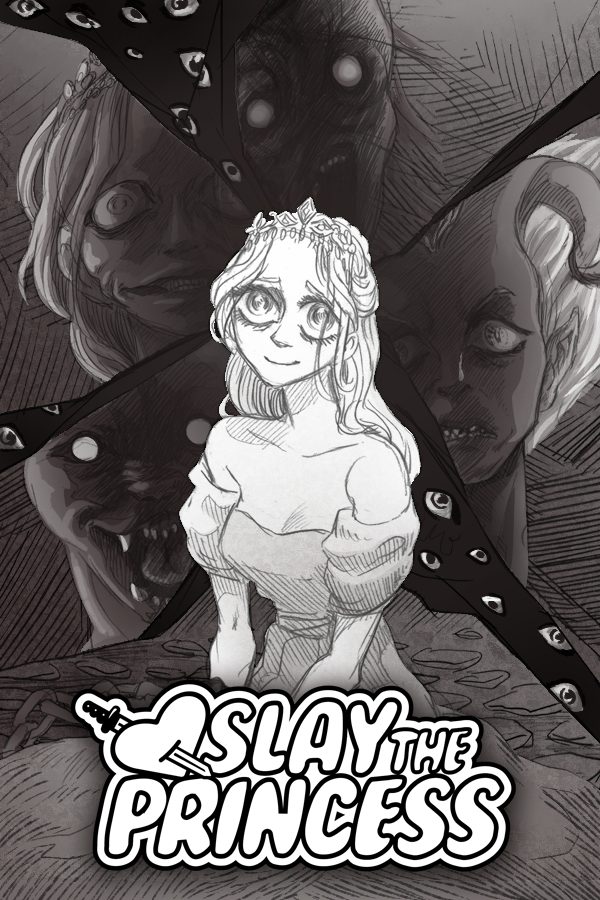Saving Ellie: The Ethics of Love, Duty and Sacrifice in The Last of Us
Spoilers ahead for: The Last of Us
In the acclaimed video game The Last of Us, players navigate a post-apocalyptic world where survival often means moral compromise. The game’s narrative culminates in a moment of profound ethical tension: Joel, the protagonist, must choose whether to allow Ellie, a teenage girl immune to the deadly Cordyceps infection, to be sacrificed in hopes of developing a cure that might save humanity. Instead, he chooses to save her, killing the Firefly doctors and ensuring she lives at the cost of possibly dooming the world. This controversial decision has sparked intense debate, and it offers a rich canvas for ethical analysis. This essay explores how The Last of Us challenges conventional moral frameworks, portraying the complexity and subjectivity of ethical decision-making.
The Narrative Structure of Moral Complexity
The Last of Us is not a game that allows moral decisions in the traditional RPG sense. Instead, it forces players to witness, and sometimes participate in, actions that may feel uncomfortable or wrong. This design choice amplifies the emotional impact of Joel's final decision, emphasizing narrative immersion over player agency. Throughout the game, the relationship between Joel and Ellie transforms from one of reluctant guardianship to profound parental attachment. By the time Joel chooses to save Ellie, the game has meticulously built a bond that feels real and emotionally resonant. This connection complicates the ethical landscape: Ellie is no longer just a potential cure; she is Joel’s surrogate daughter.
By denying the player a choice at the game’s climax, The Last of Us asserts that some decisions are not up for debate. Instead, it places the player in Joel’s shoes, forcing them to reckon with the consequences of his actions, whether they agree with them or not. This narrative technique is a powerful tool for exploring moral ambiguity, as it subverts the expectation of heroism and instead invites reflection on what it means to do the "right" thing.
Deontology and the Ethics of Duty
Deontological ethics, most notably articulated by Immanuel Kant, centers on the principle that actions are morally right or wrong based on their adherence to rules or duties, rather than their consequences. A key tenet of Kantian ethics is the idea that individuals should never be treated merely as means to an end, but always as ends in themselves. From this perspective, Joel's decision to save Ellie can be seen as a refusal to reduce her to a utilitarian instrument.
Ellie, though immune, never consents to the procedure that would end her life. The Fireflies make the choice for her, driven by a utilitarian calculus that sees her death as a necessary sacrifice. Joel, by contrast, sees Ellie as a person with intrinsic worth. His actions, while violent and arguably selfish, are motivated by a deontological imperative to protect her as an individual, not as a resource.
Moreover, deontology values intentions over outcomes. Joel's intent is to save someone he loves, not to doom humanity. His choice, though potentially catastrophic, is grounded in moral duty as he perceives it as the duty to care for Ellie, to protect her autonomy, and to honour the bond they share.
Utilitarianism and the Greater Good
Utilitarianism, founded by philosophers such as Jeremy Bentham and John Stuart Mill, argues that the right action is the one that maximizes overall happiness or well-being. From a utilitarian standpoint, sacrificing one life to potentially save millions is not only acceptable but morally obligatory. The Fireflies represent this perspective: they believe that Ellie’s death, while tragic, is justified by the hope of curing the infection that has devastated the world.
However, this utilitarian calculus is fraught with uncertainty. There is no guarantee that the cure will work, nor that it will be disseminated effectively in a fractured, lawless world. The hypothetical benefit is weighed against a certain death. Joel’s skepticism of the Fireflies' intentions and capabilities introduces reasonable doubt about the moral soundness of their plan. Utilitarian ethics relies on accurate predictions and reliable outcomes, both of which are absent in this scenario.
Thus, while Joel's choice defies utilitarian logic, it also highlights the limitations and risks of acting purely on utilitarian grounds. The ethical clarity of sacrificing one to save many is muddied by the lack of certainty and the potential for misuse or failure.
Virtue Ethics and the Character of Joel
Virtue ethics, as articulated by Aristotle, emphasizes the development of moral character and the importance of virtues such as courage, compassion, and wisdom. Rather than focusing on rules or outcomes, virtue ethics asks what a virtuous person would do in a given situation. Joel's decision, seen through this lens, reflects both admirable and troubling traits.
On one hand, Joel's choice is rooted in love, loyalty, and compassion virtues that speak to his humanity. He acts as a father would, protecting a child he has come to love. On the other hand, his actions reveal possessiveness and an unwillingness to confront the broader implications of his choice. His lie to Ellie about the events at the hospital further complicates the moral picture, suggesting a flaw in character rooted in fear and self-deception.
Virtue ethics does not provide a clear judgment on Joel's decision, but it enriches the moral analysis by considering the kind of person Joel is becoming. His actions reflect a deeply human struggle to be good in a world that often punishes goodness.
The Subjectivity of Moral Decision-Making
What makes The Last of Us so compelling is its refusal to moralize. The game does not label Joel's decision as right or wrong; instead, it presents the situation in all its emotional and ethical complexity. This ambiguity speaks to the inherently subjective nature of moral decision-making.
In real life, moral choices are rarely clear-cut. They are shaped by relationships, emotions, past experiences, and personal values. Joel's decision cannot be divorced from the trauma of losing his daughter Sarah, the bond he forms with Ellie, and the brutality of the world he inhabits. These elements colour his perception of what is right, blurring the line between selfless love and selfish attachment.
The game invites players to grapple with their own values. Would they make the same choice? Is sacrificing one life for many truly ethical if it means betraying someone you love? These questions resonate deeply because they mirror real-world dilemmas, where the "greater good" often clashes with personal loyalty and moral intuition.
Player Reactions and Interpretations
Reactions to Joel's decision are deeply divided. Some players view him as a tragic hero, a man who defies cold logic to preserve the life of someone he loves. Others see him as a villain, whose selfishness potentially condemns humanity. These interpretations reflect the diverse moral compasses of the game's audience.
Interestingly, players’ responses to Joel's actions may also reveal something about their own ethical orientation. If you find yourself fully siding with Joel, emotionally invested in his choice and untroubled by the violence it entails you may be expressing a deontological sense of duty, prioritizing the intrinsic value of individual lives and relationships. On the other hand, if you experience a moment of cognitive dissonance, puzzled by how Joel can justify killing countless Fireflies to save just one person then you might lean more toward a utilitarian outlook, concerned with maximizing the overall good.
What The Last of Us accomplishes, then, is not a moral verdict but a moral mirror. It forces players to examine their own ethical assumptions and emotional responses. The lack of player agency at the climax becomes a commentary on the nature of ethics itself: sometimes, we are not in control of the choices that define us. Sometimes, we can only reflect on them after the fact.
Simply Put
Joel's decision to save Ellie in The Last of Us is a powerful exploration of ethical conflict. Through the lenses of deontology, utilitarianism, and virtue ethics, we see how his choice resists simple categorization. It affirms the value of the individual, questions the certainty of consequentialist logic, and reveals the deep emotional roots of moral action. In a world stripped of moral clarity, Joel's act is both selfish and selfless, both damning and redemptive. Ultimately, The Last of Us does not answer the question of what is right. It challenges us to ask it and to live with the discomfort of not knowing the answer.
References
Mill, J. S. (1863). Utilitarianism. London: Parker, Son, and Bourn.
Naughty Dog. (2013). The Last of Us [Video game]. Sony Computer Entertainment.
Naughty Dog. (2020). The Last of Us Part II [Video game]. Sony Interactive Entertainment


